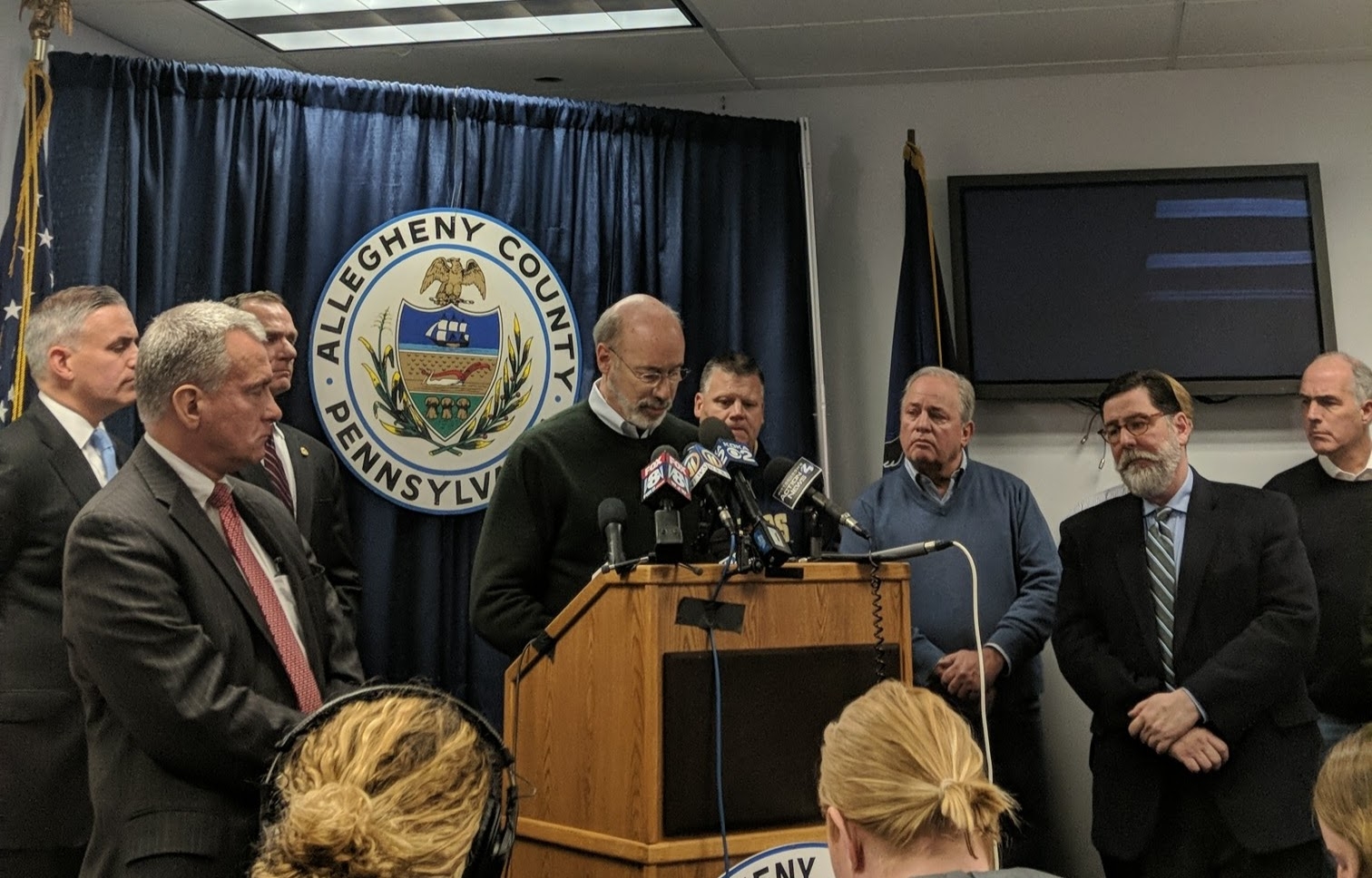
by Zoe Stratos | opinions editor
Feb. 10, 2022
On Feb. 3, a no-knock warrant took the life of Amir Locke, a 22-year-old Black man in Minneapolis, Minn. On March 13, 2020, a no-knock warrant took the life of Breonna Taylor, a 26-year-old Black woman in Louisville, Ky.
Both, though uninvolved in crimes that would merit a Special Weapons and Tactics Teams (SWAT) response, had their lives cut short during no-knock SWAT raids. A simple change in legislation could have saved their lives.
These instances are just two of the latest in raids gone wrong. No-knock warrants are death sentences for citizens — and officers, too — allowing for untimely deaths of innocent people. In a New York Times investigation done from 2010-2016, at least 94 people had been killed during no-knock and knock-and-announce raids, 13 of which were officers.
In the case of the most recent no-knock warrant tragedy, Locke was killed in his apartment after being woken from his sleep, and while reaching for a legal weapon to defend himself. Reports say that they were looking for his cousin, rather than Locke, though he was not on the premises.
At its initial conception, no-knock warrants were intended for high-risk scenarios such as hostage situations, though they became common for low-level drug searches during the militarization of police units during the mid 20th century.
But since their inception, no-knock warrants have been the subject of controversy, especially when discussing the protections of the Fourth Amendment. In the 1995 Supreme Court case of Wilson v. Arkansas, the dispute was legally put to rest, permitting unannounced entries in situations that could risk harm to police or evidence being destroyed.
However, when put into practice, the raids could potentially cause greater risk to citizens as well as the police who execute them.
The raids have always been an unnecessary violent endeavor rooted in racism with little regard for life. On top of that, it eliminates due process, giving police and SWAT teams the ability to be judge, jury and executioner.
Frequently the outcomes use egregious tactics resulting in injury or death of those within the home, innocent or not. It is a practice of violence under the guise of law enforcement, eliminating any chance of a person pleading their innocence.
Moving into more recent incidents, no-knock searches are disproportionately aimed at minority communities, especially the Black population. According to the study by The Times, half of the 81 civilians killed during no-knock and knock-and-announce raids were members of minority groups.
Many, especially from the Black community, are taking to the streets, once again, in light of Locke’s death.
Public protesters should not, they though largely have, fallen upon deaf ears within our government. Finally, on Feb. 7, press secretary Jen Psaki revealed that President Joe Biden was looking at possibly placing limitations on no-knock warrants.
The Department of Justice took the first steps in September, announcing that they were cutting back the use of the raids by federal agents, but the policy should have been branched out to other state and federal agencies.
For the risk involved, at least strict rules and procedures should govern how to conduct the raids. A ban on no-knock warrants would be a positive step, but ultimately more will be needed to address the violence resulting from the execution of both police forced-entry and SWAT raids. In practice, knock-and-announce warrants are executed just as quickly, with police knocking and breaching the residence simultaneously in many cases.
Another argument is to simply mandate bodycams, but footage isn’t always enough to hold officers accountable for breaking protocol, and still not a way to prevent unnecessary violent encounters that end in unjust killings — such as that of Locke and Taylor.
According to the National Conference of State Legislatures’ State Bill Tracking Database, seven states have introduced bills related to search warrants since May 2020. In October 2020, Virginia became the third state in the United States to implement a statewide ban on no-knock warrants, and the first to do so since the killing of Taylor. Florida and Oregon also have bans.
The U.S. shouldn’t be permitting such actions that so heavily go against our Constitutional rights. The use of no-knock warrants must end, otherwise who knows how many more will be unjustly killed.


